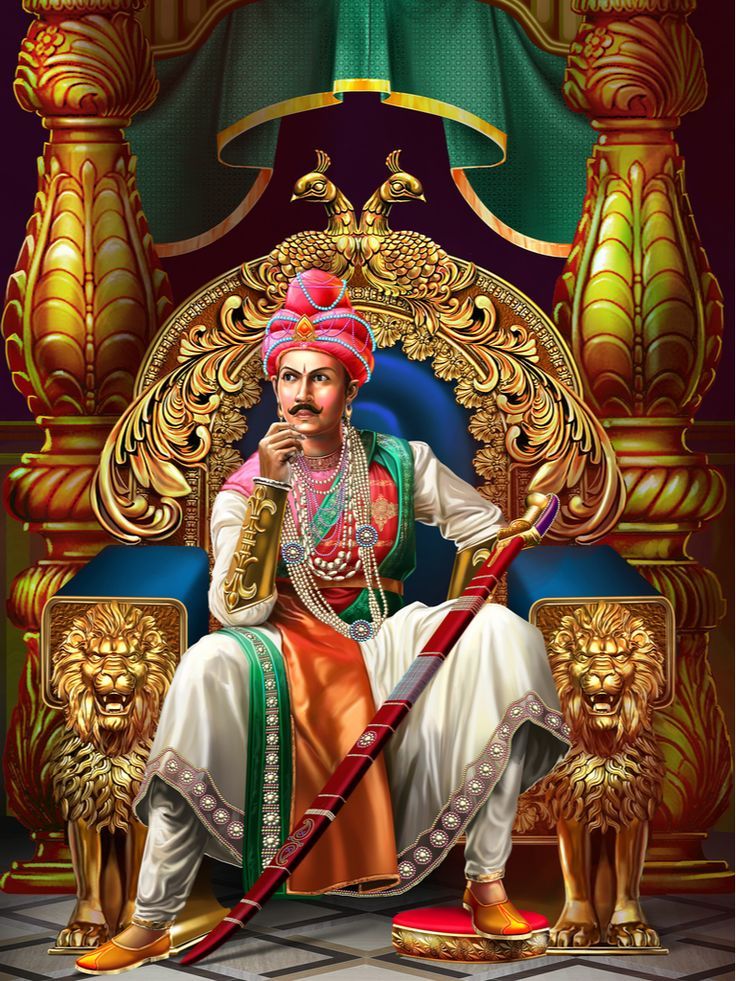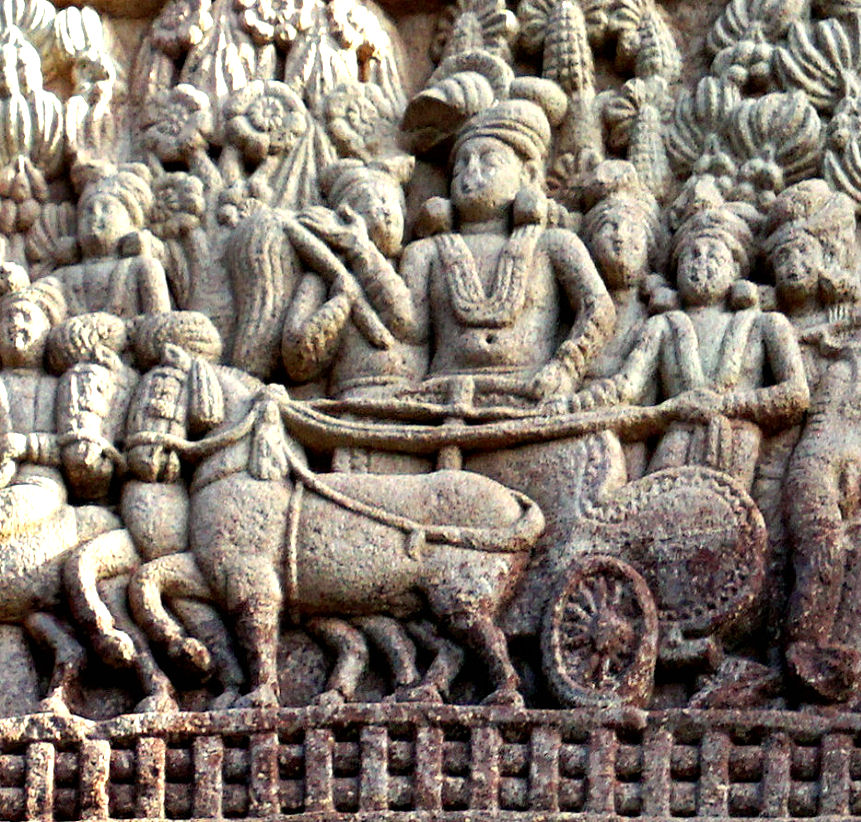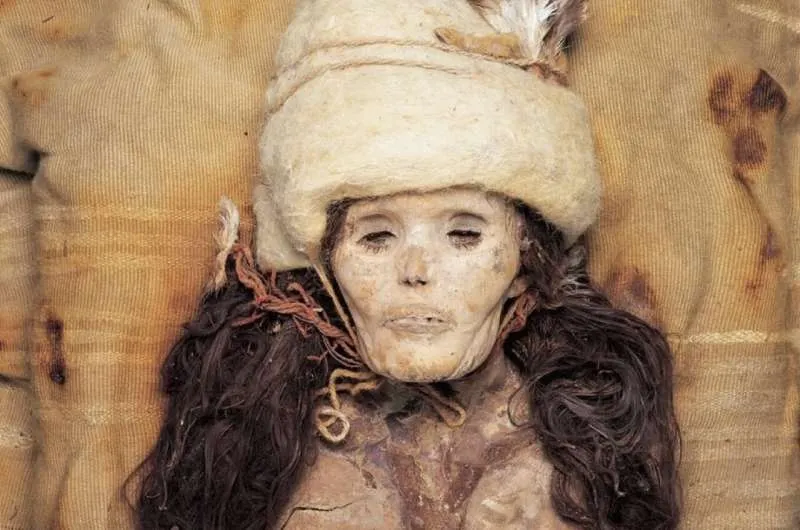Ashoka the Great: Emperor of Peace, Power, and Dharma

Ashoka the Great (c. 304–232 BCE) was one of the most illustrious and transformative rulers in Indian and world history. As the third emperor of the Maurya Dynasty, he initially expanded his empire through military conquest, but his reign became renowned for a dramatic personal and political transformation. After witnessing the horrors of war, Ashoka embraced Buddhism and ruled with a vision of peace, morality, and welfare, leaving behind a legacy that shaped Indian civilization and Buddhist culture across Asia.
Early Life and Rise to Power
Ashoka was born around 304 BCE as the son of Emperor Bindusara and grandson of Chandragupta Maurya, the founder of the Maurya Empire. Though not initially in line for succession, Ashoka proved himself a capable and ambitious military commander. After a fierce power struggle, he ascended the throne around 268 BCE.
Once in power, Ashoka embarked on a campaign of expansion, determined to extend Mauryan control across the Indian subcontinent.
The Conquest of Kalinga and Ashoka’s Transformation
The turning point in Ashoka’s life—and one of the most defining events of his reign—was the Kalinga War (c. 261 BCE). Though victorious, the war resulted in massive bloodshed, with over 100,000 people killed and many more displaced. The suffering he witnessed deeply affected Ashoka.
Haunted by the carnage, Ashoka experienced a profound change of heart. He rejected violence and embraced Buddhism, vowing to rule through compassion, nonviolence, and moral principles—what he called Dhamma (or Dharma).
Ashoka’s Rule and Governance
After the Kalinga War, Ashoka initiated one of the earliest models of benevolent rule in history. His reign was marked by policies that prioritized ethical governance, religious tolerance, and public welfare.
Key aspects of his administration included:
- Dhamma Policy: Ashoka’s central philosophy emphasized respect for all life, truthfulness, tolerance, and kindness. He did not impose Buddhism but encouraged ethical behavior across all religions.
- Infrastructure and Welfare: He ordered the construction of roads, rest houses, hospitals for people and animals, and irrigation systems to support agriculture.
- Edicts: Ashoka spread his message through rock and pillar edicts—inscriptions carved on stone across his empire in local languages. These edicts described his principles, laws, and instructions to officials, offering valuable historical insight into his reign.
- Religious Tolerance: Although a devout Buddhist, Ashoka respected all faiths and promoted religious harmony. His edicts mention Brahmins, Jains, and Ajivikas, among others.

Ashoka and Buddhism
Ashoka’s patronage played a vital role in the spread of Buddhism:
- Missionary Work: He sent Buddhist missionaries across Asia—to Sri Lanka, Central Asia, Egypt, Greece, and Southeast Asia. His own son, Mahinda, and daughter, Sanghamitta, are credited with introducing Buddhism to Sri Lanka.
- Council of Buddhism: Ashoka is believed to have convened the Third Buddhist Council to purify the faith and organize missionary efforts.
- Stupas and Monasteries: He built thousands of stupas, monasteries, and monuments to enshrine relics of the Buddha and support the Buddhist sangha (community).
Legacy and Historical Significance
Ashoka’s legacy is far-reaching and enduring:
- Political Model: He demonstrated that a vast empire could be governed through moral authority rather than sheer military power.
- Cultural Influence: His inscriptions are among the earliest deciphered texts in Indian history and offer crucial insight into governance and society.
- Buddhism’s Expansion: Ashoka’s support helped transform Buddhism from a regional sect to a major world religion.
- Modern Reverence: Ashoka is celebrated in modern India as a national symbol. The Lion Capital of Ashoka (from Sarnath) is India’s national emblem, and the Ashoka Chakra features at the center of the Indian flag.
Summary:
Ashoka the Great was a visionary ruler whose reign marked a unique fusion of power and principle. From ruthless conqueror to enlightened emperor, he became a beacon of ethical governance and spiritual awakening. His embrace of Buddhism, commitment to welfare, and message of tolerance left a lasting imprint on India and the wider world, earning him a revered place among history’s greatest leaders.





